Many of us sabotage love and happiness without even realizing it. Sabotaging love comes from the behavior that emerges from past heartbreak or trauma and this behavior mainly acts as a defense mechanism in a relationship. But how do we self-sabotage love in our relationship?
Most relationships fail and nearly half of American adults are unmarried. Why can’t we find love and why don’t relationships last? Paradoxically, as much as we want love, we also fear it. Fear of not being loved is the greatest reason we don’t find it and sabotage love in our relationships.
In other words, we can create our worst fear by trying to avoid it. To people who pursue love but attract distancers, this may sound ridiculous. We’d all like to blame our partner or bad luck, but that’s only half the story.
There are hidden reasons we thwart love. Our fears aren’t usually conscious. They include fear of physical or emotional abandonment (not being loved) that includes fear of rejection and fear of remaining unloved and alone.
Toxic shame is the main culprit that feeds these fears that sabotage love. It takes many forms.
Related: What Is Toxic Shame and How it Differs From Ordinary Shame
8 Ways We Sabotage Love
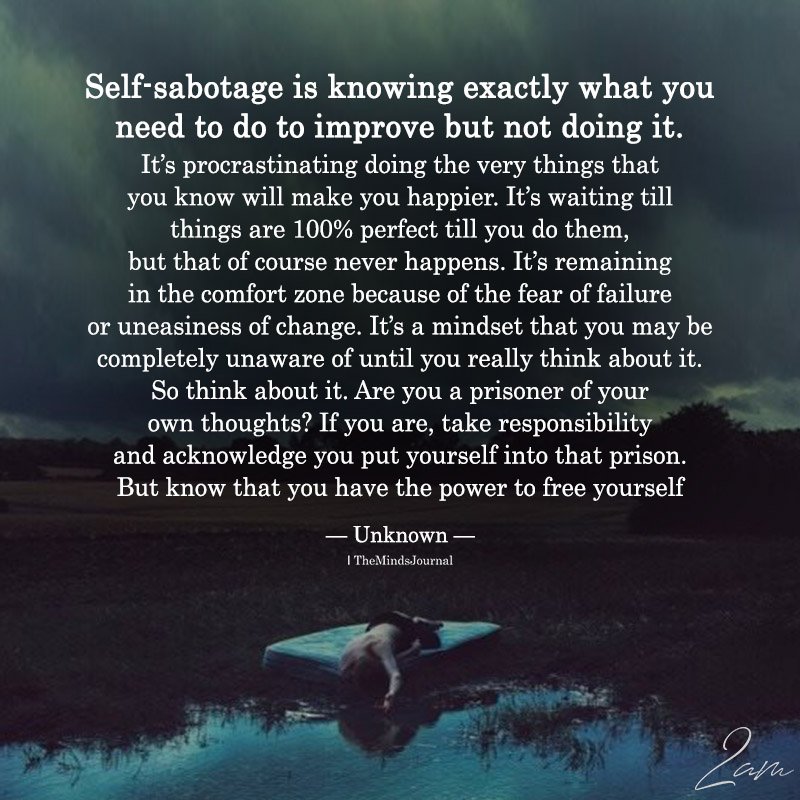
1. Shame Thwarts Love
Shame fosters the belief that we’re unlovable and unworthy of connection. Our beliefs motivate our feelings and behavior. They’re like the operating system in our mind-ware. Unfortunately, many negative beliefs run in the background and, like viruses, derail our conscious intentions.
Shame-based ideas that we’re undeserving of good, happiness, and love can sabotage our desires and block or push love away.
Bottom line: We won’t believe we’re acceptable to others if we don’t accept ourselves. However, we can change our beliefs.
2. Low Self-Esteem And Judgment
Shame creates an inner critic who judges us harshly. Our critic also judges others. It can convince us that we’re being judged. This anxiety further proves that we’re unworthy of love.
In fact, we’re so anxious about not being loved that we make false assumptions, filter out positive feedback, and misinterpret things to reinforce our negative self-judgments and fears of rejection. Not surprisingly, research shows that the level of our self-esteem is predictive of the longevity of our relationships.
Related: 2 Hidden Ways We Sabotage Intimacy In Relationships
3. Guilt
Shame also creates guilt. Guilt is anger turned against ourselves. It makes us feel unentitled to success, to happiness, and to love. In relationships, guilt blocks intimacy. We avoid closeness and certain topics to hide what we’re afraid or ashamed to reveal for fear of rejection and abandonment. This is especially true when we’ve been dishonest in the relationship.
Until we’ve forgiven ourselves fully, we won’t feel worthy of love. We can’t move forward and may even attract negative experiences and unsuitable partners. Self-forgiveness is entirely possible and is encouraged by all world religions.
4. Perfectionism
When we feel flawed and not enough, we might cope by trying to be perfect and beyond reproach. Perfectionism is a compulsive attempt to attain unreasonable standards and expectations. This is, of course, impossible, and leads to anxiety, fear of failing, irritability, and unhappiness. Perfectionism obscures our innate worth and makes us focus on the negative.
By looking for what’s wrong, we’re unable to enjoy the pride and to appreciate our attributes and accomplishments. Because we’re always failing to achieve the unattainable, perfectionism gives ammunition to our critics and separates us from the love of self and others.
It also impairs our ability to take risks and be vulnerable and authentic, all of which are necessary for giving and receiving love. Instead, we feel more inadequate and self-critical. Perfectionists are hard to live with, especially when they’re critical of others and expect them to be perfect, too. They can sabotage love and relationships.
5. Inauthenticity
Shame makes us embarrassed and afraid to reveal what we really think and feel. We’re more concerned about not being judged or rejected. However, authenticity is actually more attractive and makes effective communication possible. It builds trust and allows for real intimacy.
Dysfunctional communication that’s dishonest, indirect, passive, or aggressive prevents closeness and damages relationships.
6. Comparisons
Shame and feelings of inadequacy lead to comparisons. Rather than recognizing our own worth, we evaluate whether we’re doing better or worse than someone else. Feeling superior is a defense to shame, and envy stems from not feeling that we’re enough.
When we negatively compare our partner and relationship, we end up dissatisfied. However, when we accept ourselves, we have humility. We don’t think we’re better or worse. We accept others and realize we’re all unique and flawed individuals.
Related: Top 3 Ways Men and Women Stop Themselves From Finding The Love They Deserve
7. Distrust Blocks Love
Many people, especially codependents, have a dysfunctional relationship to trust. They’re too trusting, which can lead to disappointment and betrayal; or, they build walls of mistrust to keep love out.
People often say that they trust someone until they’re given a reason not to, while others who have been hurt expect to be hurt again.
They fear rejection and abandonment and expect the worse. They’re suspicious and imagine untrue things about their partner that are hard to disprove. We trust too quickly because we’re impatient for love and fear being unloved and alone. A wiser position is to be neutral, allow a relationship to unfold naturally, and trust to build based on experience.
8. Lack of Integrity
When we sacrifice our values to accommodate our partner, it’s to maintain the relationship due to fear of abandonment. No matter how we justify it to ourselves when our behavior is not aligned with our standards, we feel guilt or shame that whittle away at our self-esteem and self-worth. By abandoning ourselves, we jeopardize the very relationship that we’re trying to spare.
You can Beat Perfectionism, find Freedom from Guilt, and Raise Your Self-Esteem. Follow the steps to heal from shame in Conquering Shame and Codependency: 8 Steps to Freeing the True You.
© 2019 Darlene Lancer
Written By: Darlene Lancer Originally Appeared On What Is Codependency
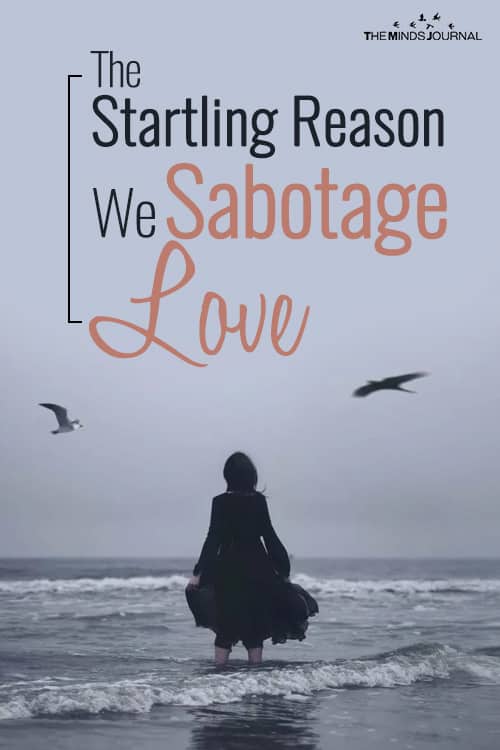


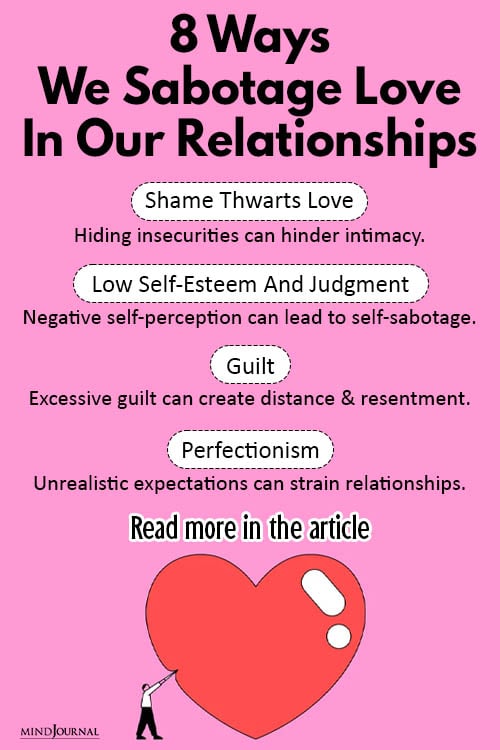

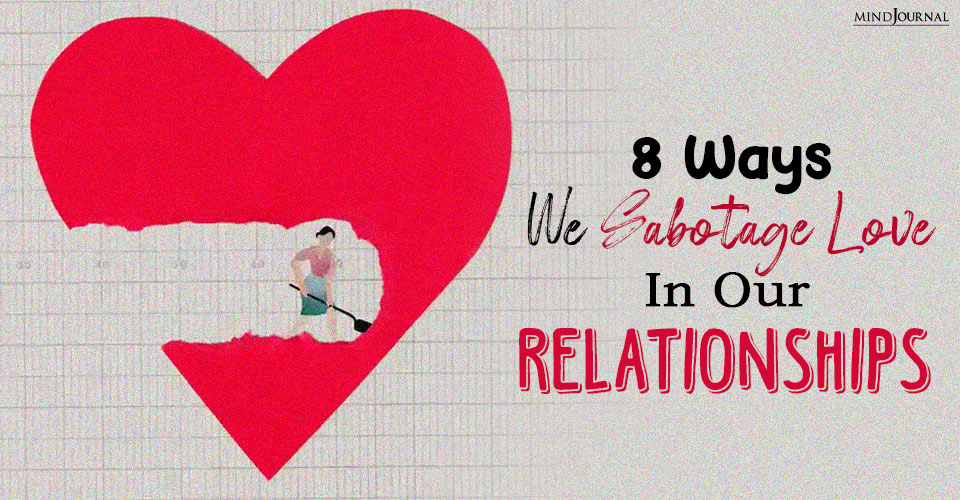
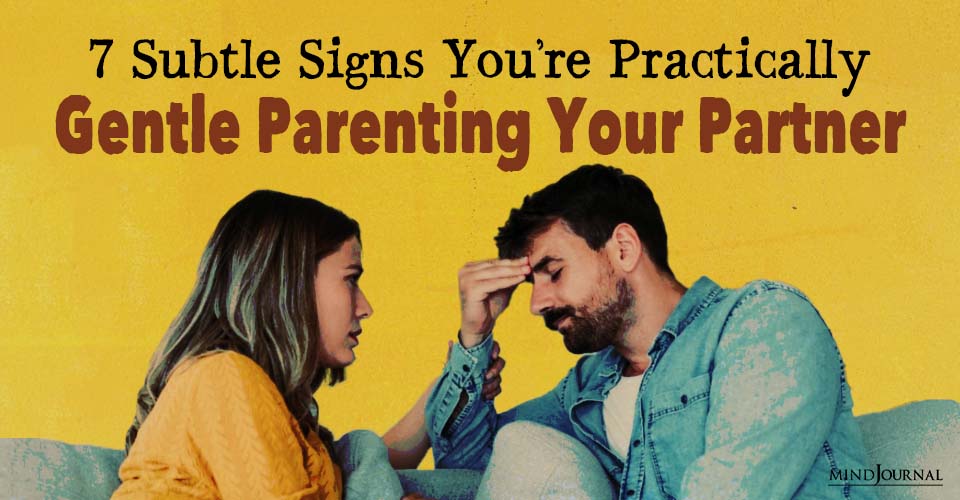




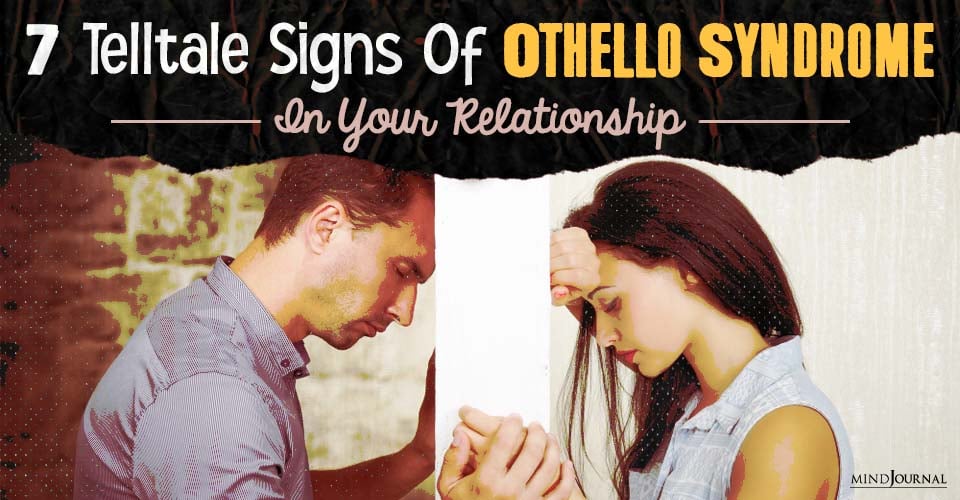

Leave a Reply